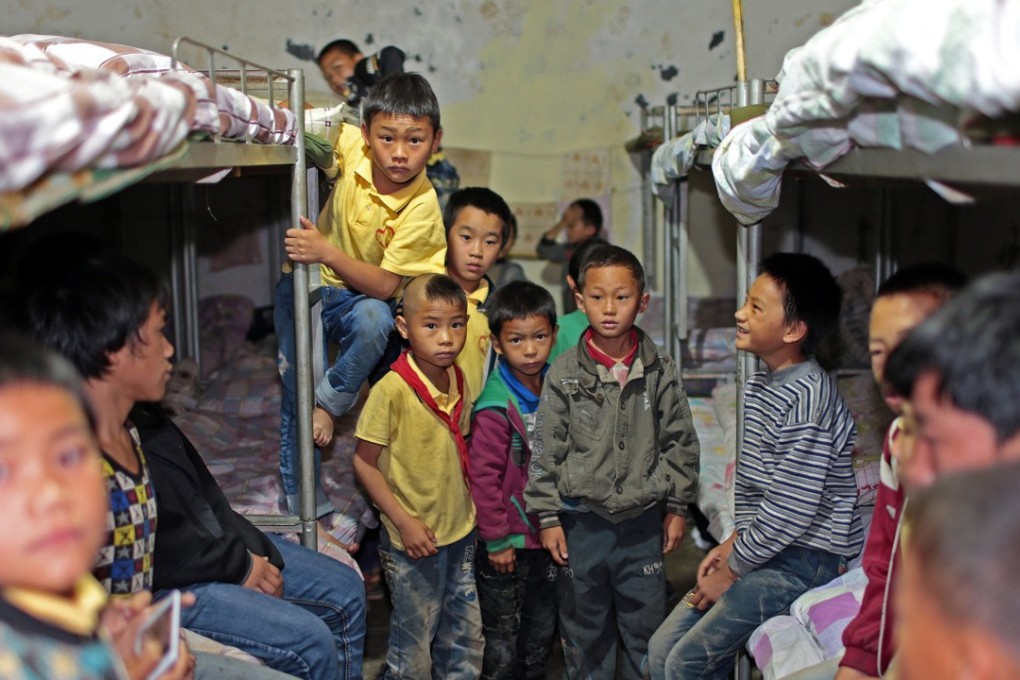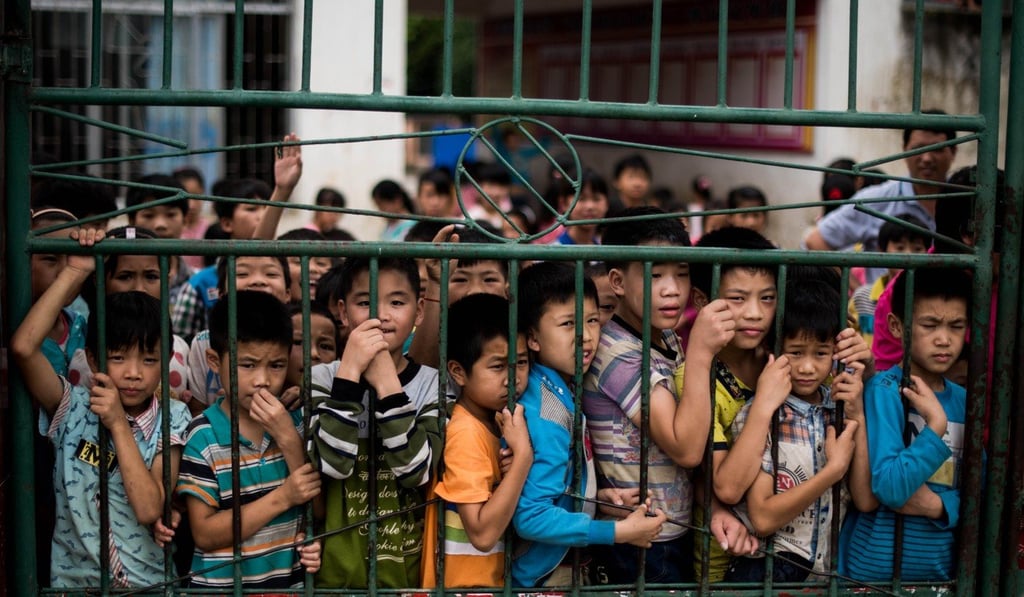Reports of parents’ deaths by China’s ‘left-behind’ children prompt a closer look at the family dynamic
Youngsters’ reports of deaths of parents who left them to seek work in cities substantially exceeded China’s national death rate, NGO’s study found

The number of “left-behind” children in rural China who told researchers gathering data for a survey that at least one of their parents was dead substantially exceeded the national death rate, prompting a closer look at the extent to which the responses reflect the youngsters’ relationships with their families – or feelings of desperation and abandonment.

On the Road to School studied left-behind children in 17 provinces, including Gansu, Guizhou, Hebei and Hubei, receiving nearly 15,000 questionnaires back.
“It is obvious that some children filled in wrong information in the questionnaire deliberately [as a way] for making fun and letting off steam,” the organisation said in their report released last week.